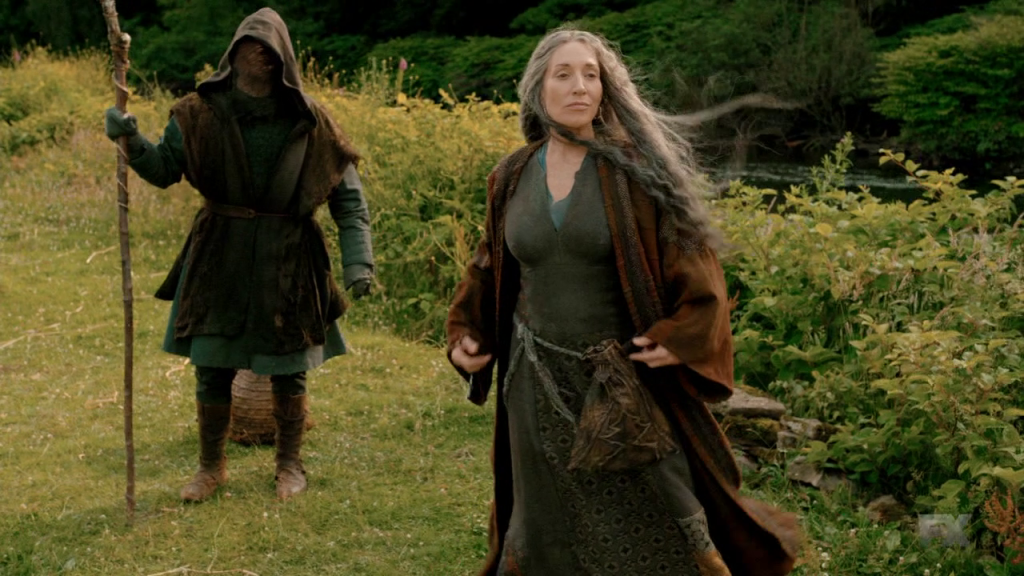Utilizing The Meisner Technique in Crafting the College Dialogues
Written by Ian Thomas Malone, Posted in Blog, Social Issues
When I was faced with the decision as to how to spend my summer in 2010 after my freshman year at Boston College, I decided I wanted to do something a little different. As I say in Five College Dialogues and Five More College Dialogues, those four years are best spent outside one’s comfort zone. On the recommendation of a friend, I enrolled at the Ted Bardy Acting Studio in New York City.
The Ted Bardy Acting Studio is world renowned for its curriculum, The Meisner Technique, named for its architect, Sanford Meisner, who was part of the legendary Group Theatre back in the 1930s, which also included Lee Strasberg and Stella Adler. Repetition, a core pillar of The Meisner Technique, ended up drastically transforming the way I approached writing.
It’s a bizarre and practically unexplainable concept, so here is a video of repetition in action with Sanford Meisner himself, courtesy of Contemporary Arts Media:
Repetition is simple in nature and yet painfully difficult at the same time. It requires the participants to be fully active in the exercise, but not in a way that artificially steers the course of the “conversation.” Laughter is common and perhaps crucial to understand the concept.
One bit of advice offered by Ted Bardy and fellow teacher Glen Vincent in practically every class was to avoid using “tit for tat,” in repetition. I found this bit of advice to be crucial in writing my dialogue. People and characters need to respond to what’s been said to them. They don’t need to spit it back in the other person’s face.
That’s the inherent difficulty in writing fictional conversation. Unlike practicing repetition, scripted dialogue is created with specific purpose. The dialogues in FCD and FMCD are thematic in nature as the characters are there to discuss a specific topic. The flow of conversation needs to serve the purpose of the dialogue, but it needs to be real. When characters speak to each other, they need to process what’s been said.
Writing and acting are obviously very different, but they share one important similarity. Both mediums set out to make the inorganic real. When an actor is performing, it is their job to extract genuine emotion out of a scripted scenario. When I set out to write a dialogue, I need to take my characters on a purpose driven journey that resonates with the readers.
FCD & FMCD are unusual books because they’re all dialogue. I found that what I’d learned from Meisner Technique played perfectly into Socratic Method as I could implement repetition in my efforts to create authentic contemporary Socratic Dialogue. The characters constantly question each other but they aren’t merely working to advance the subject matter. Repetition helped me to avoid something that came across as stale and inorganic, even if you may not commonly find students walking around casually conversing in Socratic Dialogue.
Which is why I recommend that all artists dabble in forms outside of their comfort zones. I haven’t done many auditions since my time at the Ted Bardy Acting Studio. If that doesn’t change, I’ll still be forever grateful for the lessons I learned. Creating emotion requires immersion. To achieve immersion, you need depth and that’s only possible if you push your limits. I’m of the belief that creating art must at least be a little scary. Whether or not I was successful with that is up to you, the reader.
The ebook versions of Five College Dialogues and Five More College Dialogues are still just .99 cents for a few more days. Pick up your copy today!













